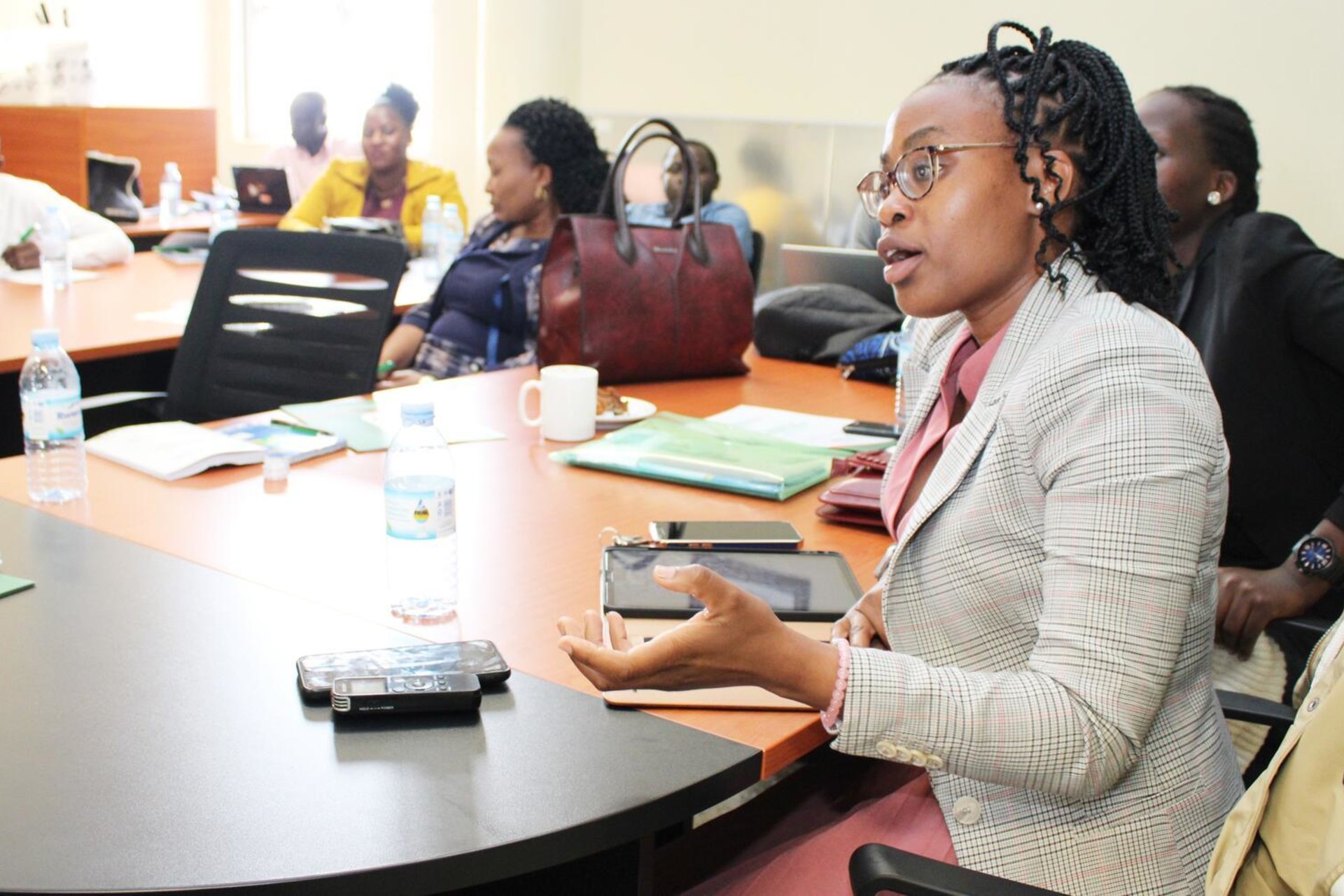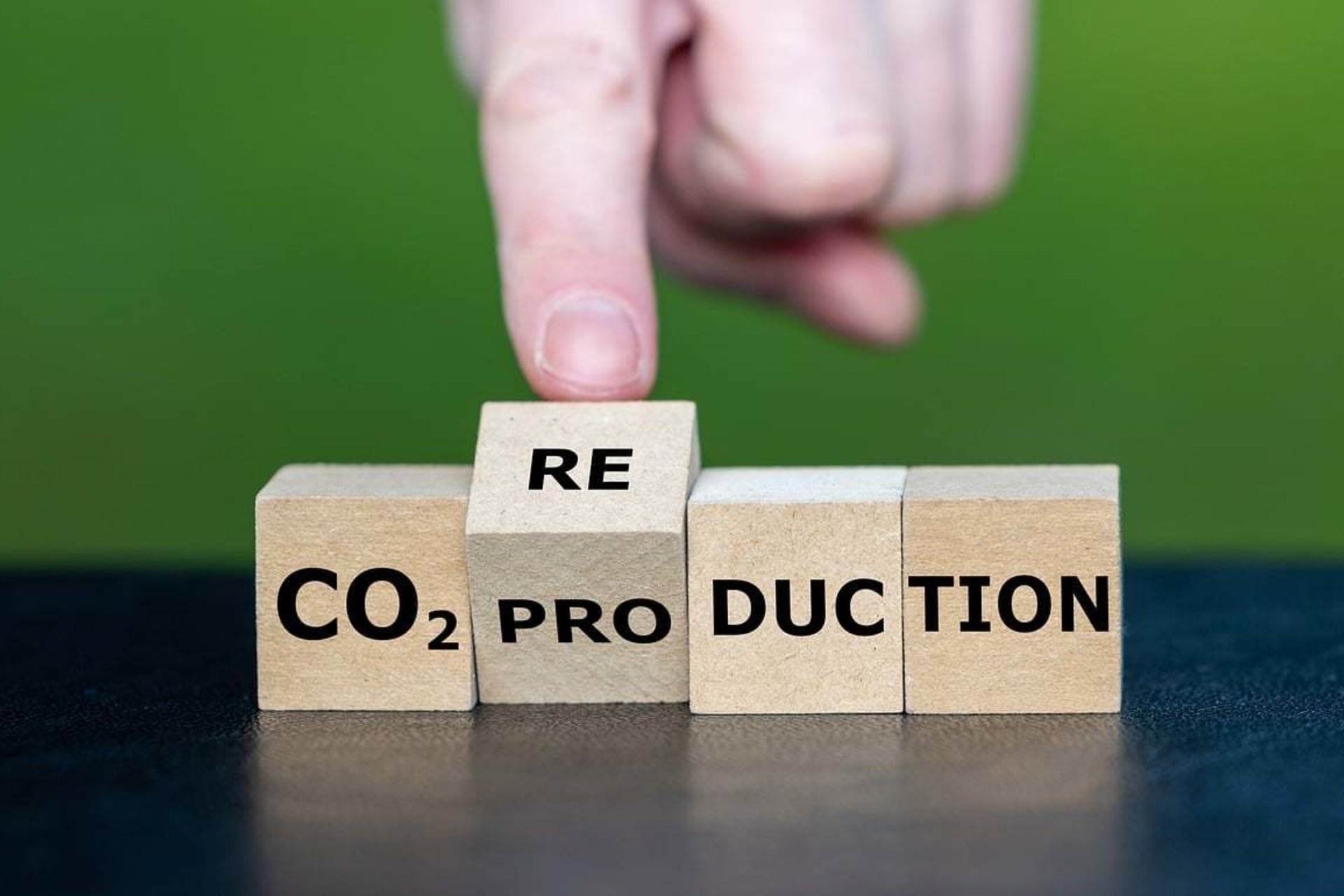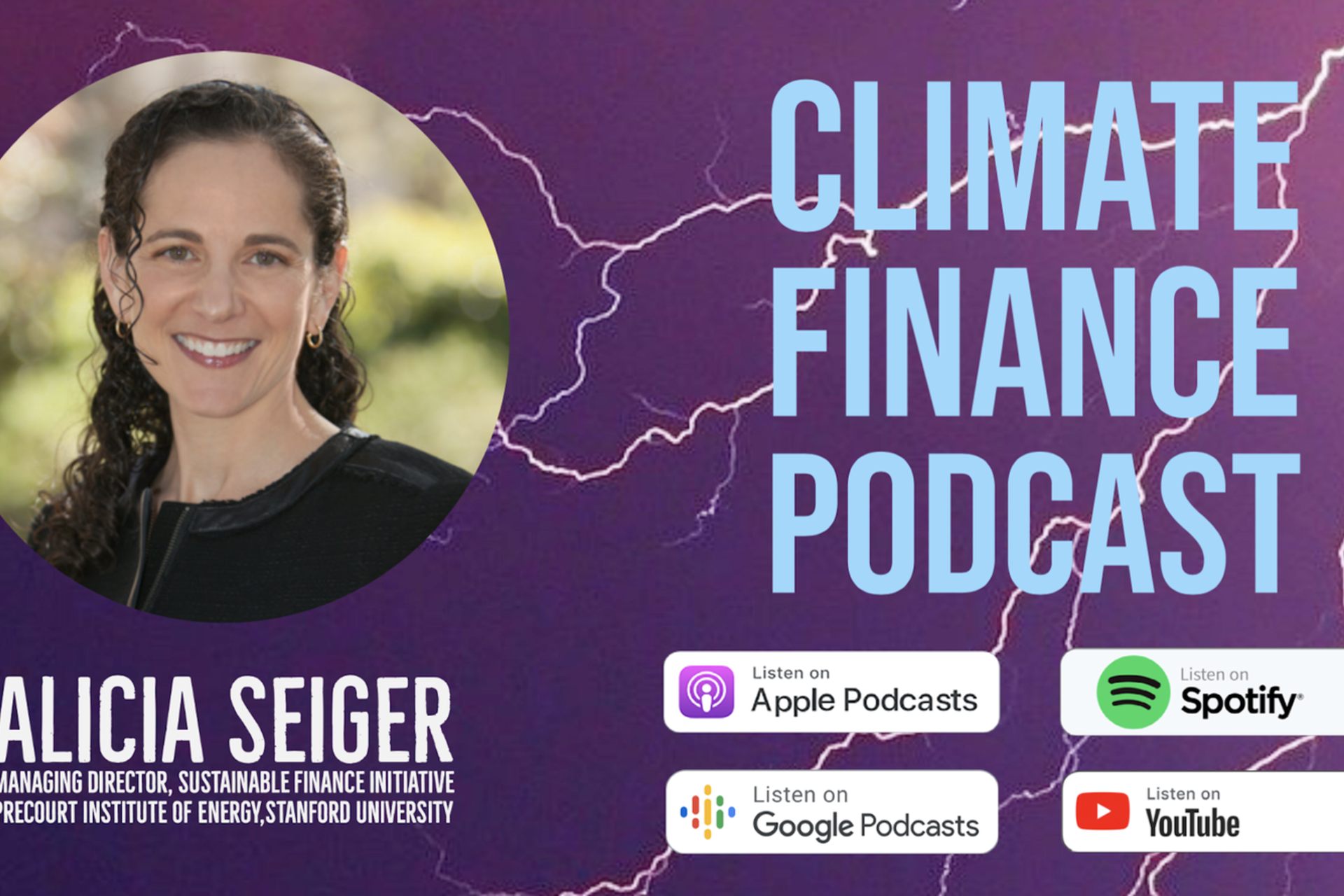Re-envisioning the Integration of Green Policies in Government Programming

Pamella Eunice Ahairwe, MIP’24
Summer Fellow at EfD-Mak
Uganda is vulnerable to the consequences of climate change. Since January 2023, it has experienced several floods that have triggered landslides, damaged property, and destroyed lives. Uganda is also prone to costly drought conditions that cause livestock death, crop failures, and loss of lives. Additionally, more people die from bad air quality in Uganda compared to its neighboring countries of Kenya, Tanzania, and Rwanda. Uganda has an annual mean PM2.5 of 50 µg/m3, beyond the safe recommendation of the World Health Organization, which is 10 µg/m3. Poor air quality stems from substandard manufacturing and cooking methods practices, motor emissions, dusty roads, and unregulated waste burning. It also varies between economically disadvantaged households - 72.61 ± 64.42 μg/m3 who mostly use charcoal and firewood and better-off ones - 43.46 ± 33.44 μg/m3 that use liquefied petroleum gas and electricity.
Environmental-related challenges persist in Uganda because of limited government focus. EfD-Mak aims to, among others, address this problem and ensure that the government fully incorporates environmental risks in its planning, programming, and budgetary processes. It also supports government policy formulations, implementations, and progress evaluations in alignment with the Paris Agreement and nationally determined contributions. My role is to - through feasible and sustainable economic policy analysis, dialogue, and outreach - advise on how the government can champion local green financing. I also identify financing gaps associated with capacity building and planning processes that EfD-Mak can try to address.
While the government of Uganda has committed to raising $4 billion towards meeting its $28.1 billion climate financing gap, it faces limitations on how it will mobilize the rest. Banking on its unique location at Makerere University, one of Africa's leading institutions for higher learning, EfD-Mak will support capacity building in environment economics to train and skill government personnel in accounting for environmental risks (see figure below) and making precise funding estimates in national planning and budgetary processes to attract local and international financing.
Uganda’s climate change vulnerability and risk assessment by sector
(1 is least vulnerable, less risk, 5 is most vulnerable, high risk)

Source: Ministry of Water and Environment (2022)
I am also collaborating with Professor Edward Bbaale to research whether paying bribes influences the days it takes for firms in developing countries to get electricity connectivity. We hope that the findings from this research will inform policy formulation on tackling corruption and promoting efficiency in electricity supply.
Overall, I am privileged to have my summer fellowship in Uganda, learning from some of the best professionals on the continent. This opportunity gives me a first-hand experience with the impact of climate change in a developing country. It also grants me a chance to contribute directly to addressing such challenges. Most importantly, building a local ecosystem is essential, and this can only succeed through collaborations with academia, government bodies, the private sector, civil society organizations, and international players.



